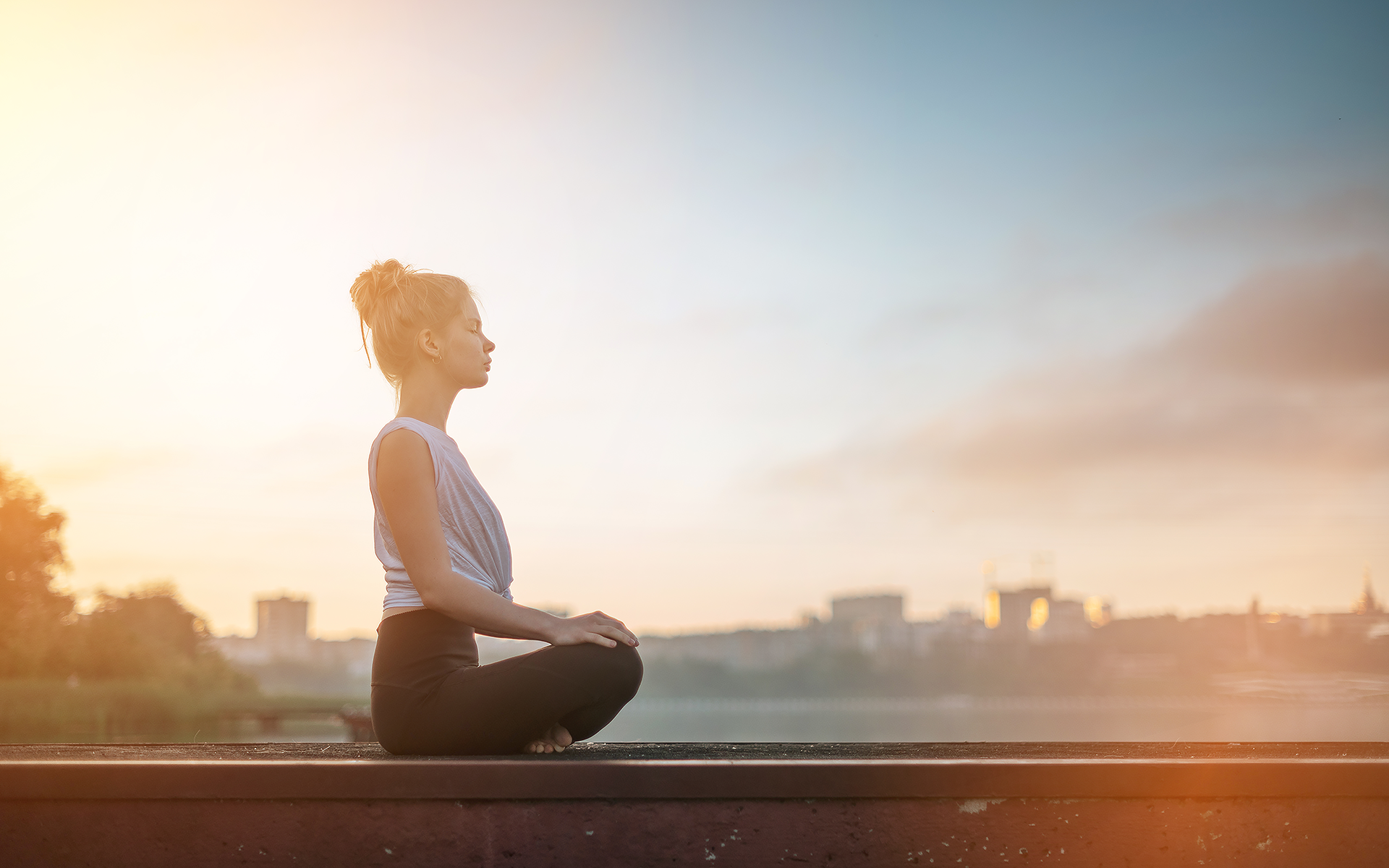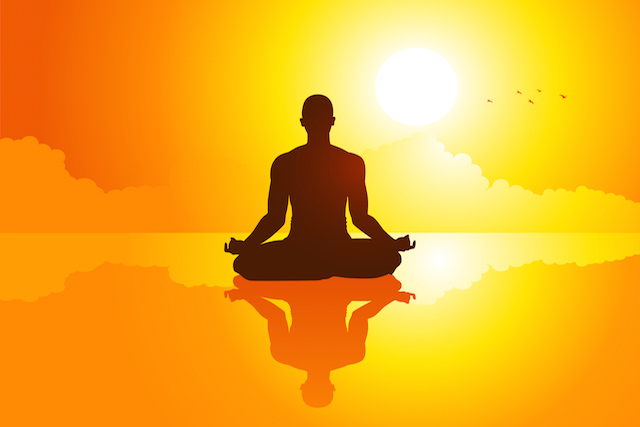Our general interest e-newsletter keeps you up to date on a broad range of health subjects.
Register now Meditation: A basic, quick way to reduce stress
Meditation can wipe away the day's stress, bringing with it inner peace. See how you can quickly discover to practice meditation whenever you require it most.
By Mayo Center Personnel If tension has you distressed, tense and worried, consider trying meditation. Spending even a few minutes in meditation can restore your calm and inner peace.
Anyone can practice meditation. It's easy and economical, and it does not need any unique devices. And you can practice meditation any place you are-- whether you're out for a walk, riding the bus, waiting at the medical professional's workplace or even in the middle of a difficult business meeting.
Understanding meditation Meditation has been practiced for thousands of years. Meditation originally was implied to assist deepen understanding of the spiritual and magical forces of life. Nowadays, meditation is typically utilized for relaxation and tension decrease.
Meditation is thought about a kind of mind-body complementary medication. Meditation can produce a deep state of relaxation and a serene mind. Throughout meditation, you focus your attention and remove the stream of jumbled ideas that might be crowding your mind and triggering tension. This procedure might lead to boosted physical and psychological wellness.
Advantages of meditation Meditation can offer you a sense of calm, peace and balance that can benefit both youremotional wellness and your total health.
And these advantages do not end when your meditation session ends. Meditation can assist bring you more calmly through your day and might assist you handle signs of particular medical conditions.
Meditation and psychological wellness When you practice meditation, you might eliminate the details overload that constructs up every day and adds to your tension.
The psychological advantages of meditation can consist of:
Meditation and disease Meditation might also work if you have a medical condition, particularly one that may be intensified by stress. While a growing body of scientific research supports the health benefits of meditation, some researchers believe it's not yet possible to draw conclusions about the possible advantages of meditation. With that in mind, some research study recommends that meditation might assist individuals handle signs of conditions such as:
Make sure to speak with your health care service provider about the advantages and disadvantages of using meditation if you have any of these conditions or other health issue.

In some cases, meditation can worsen symptoms associated with particular psychological and physical health conditions.
Meditation isn't a replacement for standard medical treatment. However it might be a helpful addition to your other treatment. Types of meditation
Meditation is an umbrella term for the numerous ways to a relaxed state of being. There are many types of meditation and relaxation strategies that have meditation parts. All share the very same objective of accomplishing inner peace. Ways to meditate can include:
Guided meditation. Sometimes called guided images or visualization, with this approach of meditation you form psychological images of locations or circumstances you find relaxing.
You try to use as lots of senses as possible, such as smells, sights, noises and textures. You might be led through this procedure by a guide or teacher.
Mantra meditation. In this type of meditation, you silently duplicate a relaxing word, believed or expression to prevent distracting thoughts. Mindfulness meditation. This kind of meditation is based upon being conscious, or having actually an increased awareness and acceptance of living in the present moment.
In mindfulness meditation, you widen your mindful awareness. You concentrate on what you experience during meditation, such as the flow Click for more of your breath. You can observe your thoughts and feelings, however let them pass without judgment. Qi gong. This practice normally combines meditation, relaxation, physical movement and breathing exercises to bring back and keep balance. Qi gong (CHEE-gung) belongs to conventional Chinese medicine. Tai chi. This is a form of mild Chinese martial arts. In tai chi (TIE-CHEE), you carry out a self-paced series of postures or motions in a slow, graceful manner while practicing deep breathing.
Transcendental Meditation ®. Transcendental Meditation is a basic, natural strategy. In Transcendental Meditation, you quietly repeat a personally assigned mantra, such as a word, noise or expression, in a particular way. This form of meditation might permit your body to settle into a state of profound rest and relaxation and your mind to achieve a state of inner peace, without needing to utilize concentration or effort. Yoga. You carry out a series of postures and controlled breathing exercises to promote a more flexible body and a calm mind. As you move through postures that need balance and concentration, you're encouraged to focus less on your busy day and more on the minute.

Various kinds of meditation may include various functions to help you meditate. These might differ depending on whose guidance you follow or who's teaching a class. A few of the most typical features in meditation include: Concentrated. Focusing your attention is normally one of the most important components of meditation.
Focusing your attention is what assists totally free your mind from the many distractions that trigger stress and worry. You can focus your attention on such things as a particular things, an image, a mantra, and even your breathing. Relaxed breathing. This strategy includes deep, even-paced breathing using the diaphragm muscle to expand your lungs. The function is to slow your breathing, take in more oxygen, and minimize using shoulder, neck and upper chest muscles while breathing so that you breathe more efficiently. A peaceful setting. If you're a novice, practicing meditation may be much easier if you remain in a quiet spot with couple of interruptions, including no tv, radios or mobile phones.
As you get more competent at meditation, you may have the ability to do it anywhere, particularly in high-stress situations where you benefit the most from meditation, such as a traffic jam, a demanding work meeting or a long line at the supermarket. A comfy position. You can practice meditation whether you're sitting, lying down, walking, or in other positions or activities. Simply attempt to be comfortable so that you can get the most out of your meditation. Goal to keep great posture during meditation. Open mindset. Let ideas pass through your mind without judgment.